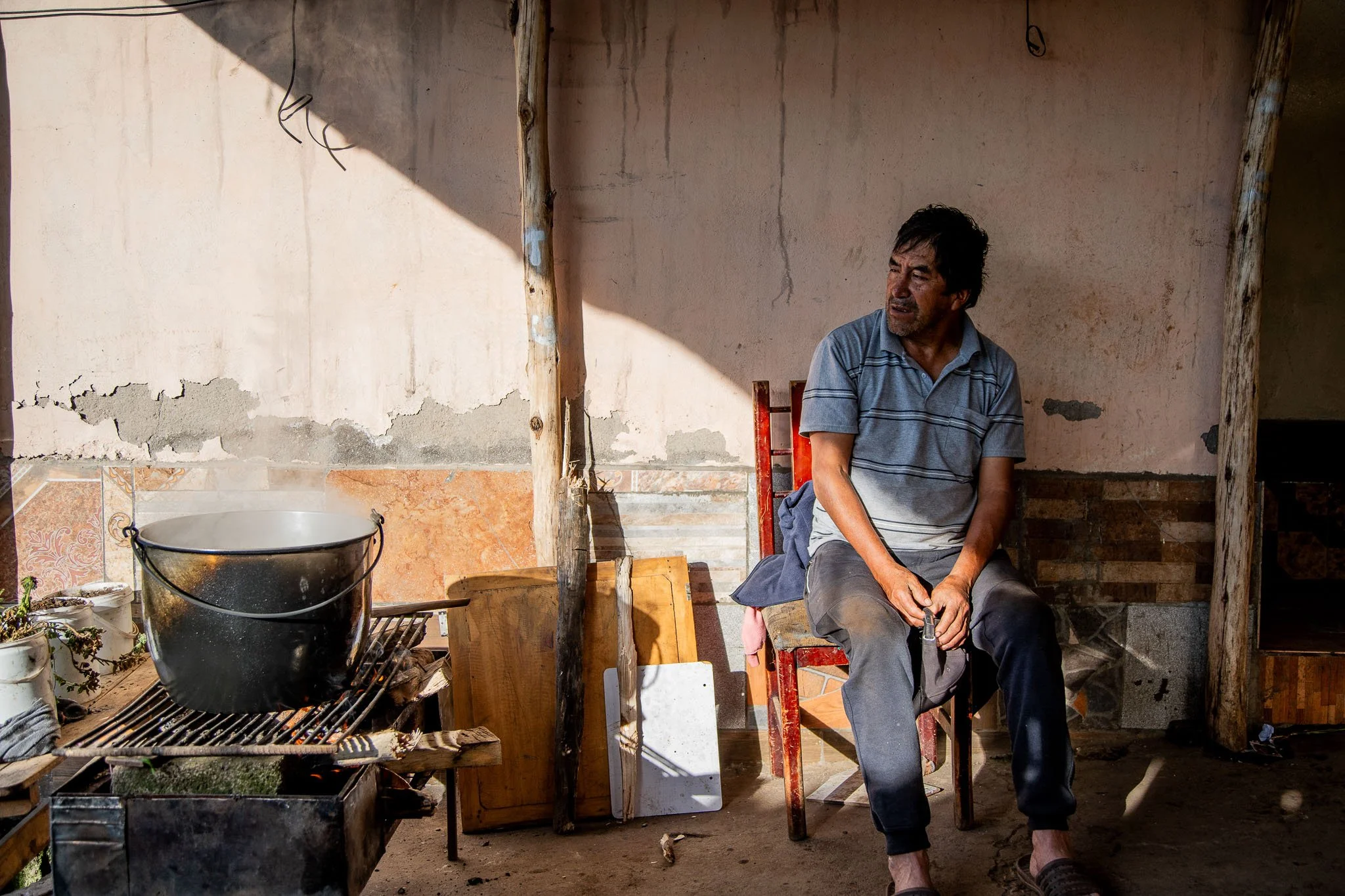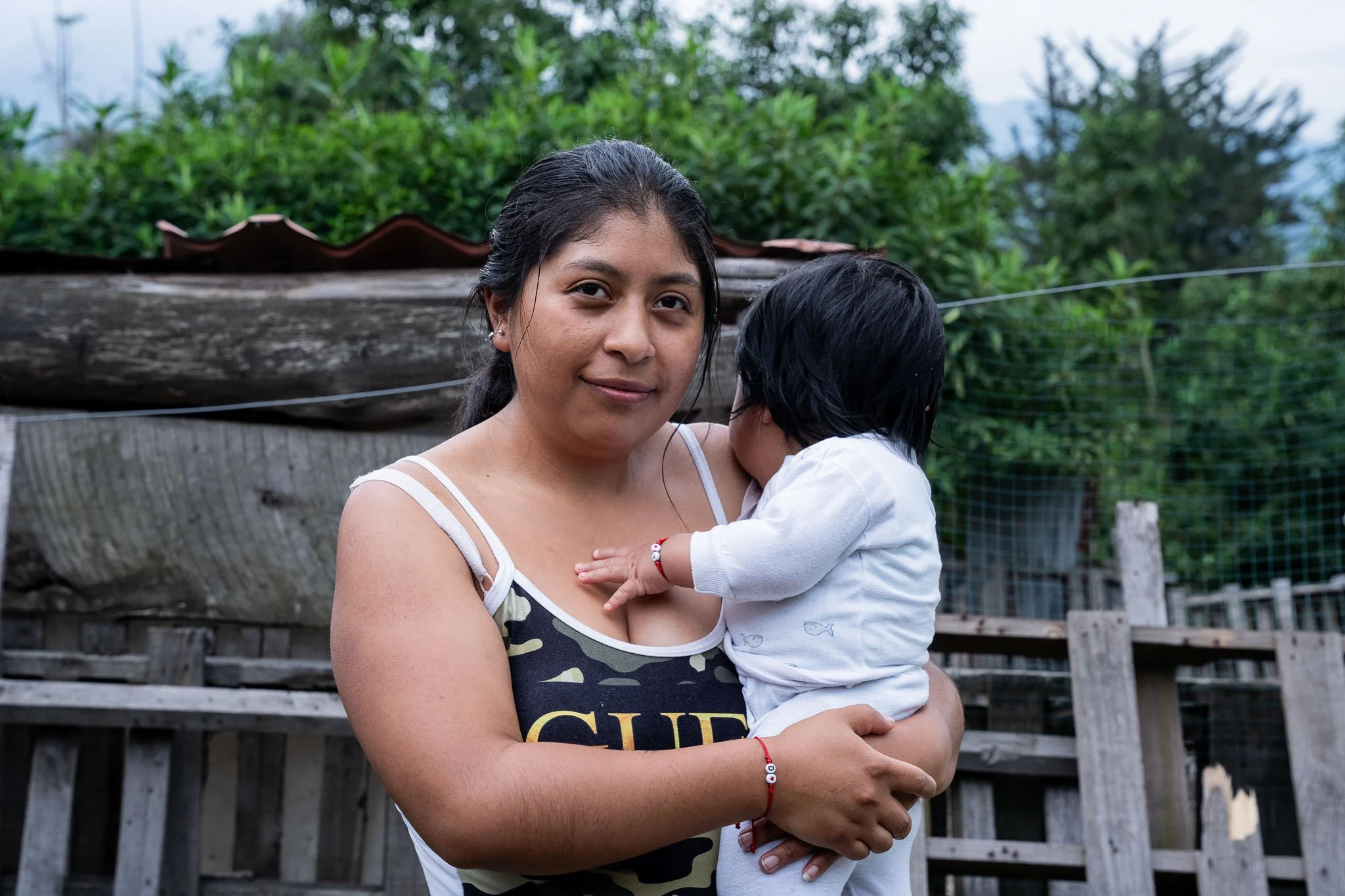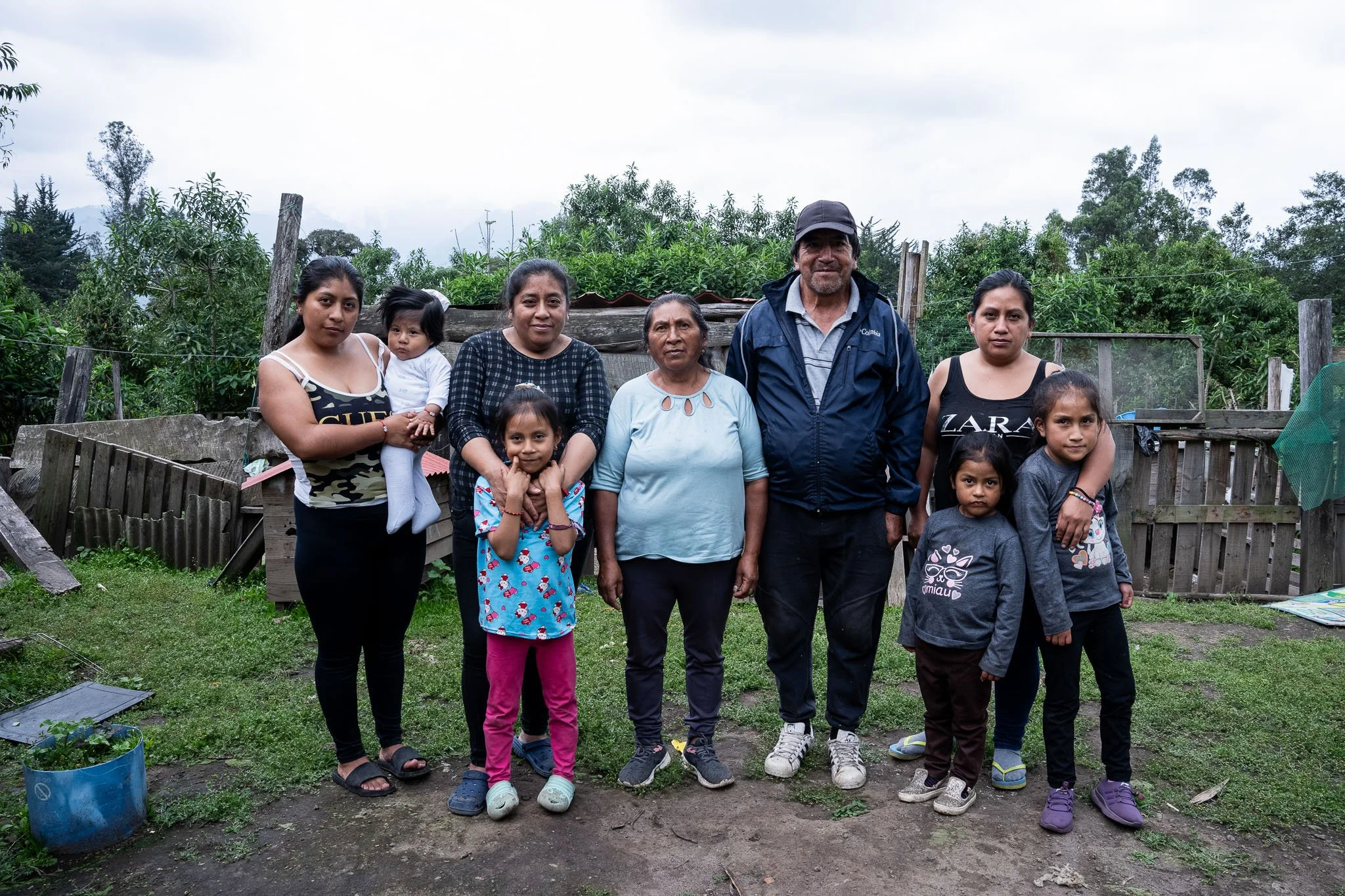
When migration is a matter of survival, silence means surrender. Callar es Olvidar' reveals the forgotten testimonies of those who risk everything for a future, and of those who are left waiting.
Silence means
forgetting
“Callar es Olvidar” is an audiovisual proposal that gives voice to the migration experiences of Ecuadorian people, capturing their stories through intimate and deeply human testimonial videos. This project not only seeks to make visible the reasons why many people decide to leave their place of origin, but also to explore the dangerous routes they take, the precarious conditions in which they travel-such as coyoterism and the loans that tie them down-and the impact on those left behind.
Each testimony is a window into the lives of those who have risked everything in search of new opportunities. From the harsh realities they face abroad to the dreams and expectations that drove them to leave home, the project weaves a collective narrative that transcends borders. With a sensitive and close look, “Callar es Olvidar” invites us to reflect on migration not as an abstract phenomenon, but as a network of personal stories full of pain, hope and resilience.
This video, in particular, is a fragment of that collective memory, a reminder that behind every migrant there is a story that deserves to be told and heard. Because to remain silent, indeed, would be to forget.
Short
Ficha Técnica / Technical Details
Título en español: Callar es Olvidar
Título en inglés: Silence meansforgetting Produccion general / General Production: Cooperativa Audiovisual
Dirección / Directed: Luis Herrera R.
Dirección de Fotografía / Cinematography: Luis Herrera R.
Guión / Screenplay: Luis Herrera R.
Sonido Directo / Direct Sound: Esteban Coloma
Producción de Campo / Field Production: Luis Herrera R.
Edición / Editing: Ivan Mora
Genero / Genre: Documental / Documentary
Formato / Format: 4K 16:9
Duración / Runtime: 12 minutos / 12 minutes Premier: International Migration Film Festival (Ecuador)

Their only contact is maintained through digital devices. While social networks have brought families virtually closer together, paradoxically they have also distanced them emotionally. An imaginary of well-being and a better life has been constructed through videos on TikTok - idealized representations that have led thousands of people to seek their future in the lives of others.
This short film is the result of a process of research and follow-up on Ecuadorian migration, particularly indigenous, to the United States. Since 2010, I have studied and documented this phenomenon as part of a personal project.
Dayana
Ella es la menor de todas las hermanas. Hace un año nació su hijo, pero debido a la falta de recursos, su esposo tuvo que emigrar a Estados Unidos. Aunque mantienen contacto diario, ella vive con la incertidumbre de si él volverá alguna vez a su vida. No sabe si el padre de su hijo estará presente para los dos, ni cuándo podrán reunirse como familia.
Alex
Es el hijo menor de Víctor y Digna. Él tiene síndrome de Down, y para él, la migración no solo ha significado perder a sus hermanos y hermanas, sino también el bienestar de toda su familia. A pesar de las ausencias que han marcado profundamente su vida y la de los suyos, el amor de Alex es infinito.
Margarita
Ella vive la ausencia de su hijo a diario. Ahora enfrenta un nuevo dolor: su hijo menor también quiere partir hacia Estados Unidos para reunirse con su hermano. Resignada, intenta sobrellevar la situación incluso bromeando sobre el futuro incierto que le espera a su familia.




